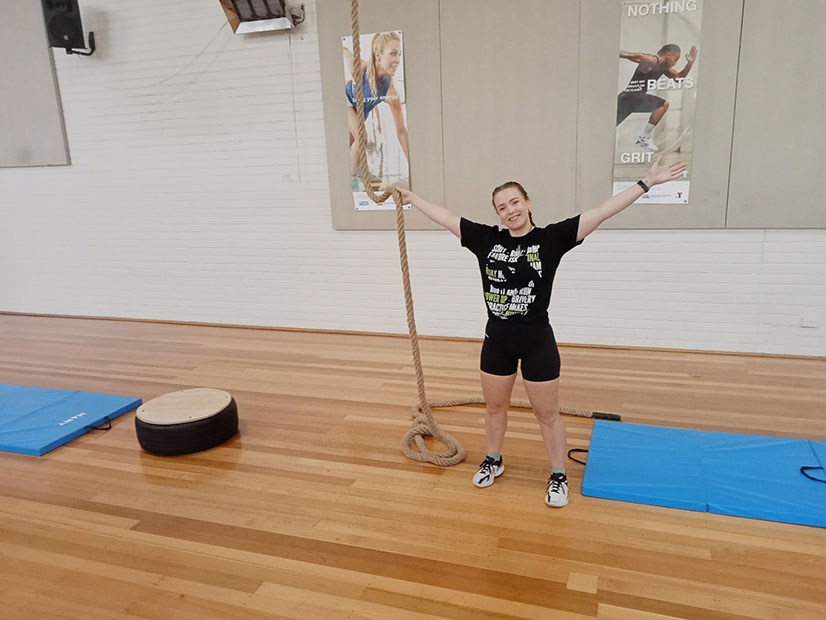Regional recreation centres are constantly seeking new ways to engage children beyond traditional sports and swim lessons. At Horsham Aquatic Centre, Risky Kids is offering a new and engaging approach to child development.
Designed for children aged 4 to 12, Risky Kids blends parkour, obstacle courses, and structured risk-taking to build resilience and confidence. While it may look like a high-energy ninja course, the program is rooted in science-led research on child development, encouraging problem-solving skills, emotional regulation, and perseverance.

Unlike conventional fitness programs, Risky Kids caters to children who may struggle in traditional team sports. Neurodiverse children, those with behavioural challenges, or those who simply need a different way to develop social and physical skills are thriving in this environment. The official philosophy of Risky Kids is: “We help young people to find ‘Their Way’ in small classes with consistent Coaches trained in how to challenge young people, but to guide them through those challenges to success.”
Mark Meyer, Lead Coach and Centre Manager at Horsham Aquatic Centre, emphasises the importance of resilience:
The mindset for the monkey bars is ‘failure isn’t final.’ That means it’s okay—let’s try again today. If it didn’t work, watch how others do it and keep going.
Parents are seeing the benefits firsthand. The structured yet flexible nature of Risky Kids allows children to explore their limits in a safe, supportive setting. The program includes goal-setting, meditation, and even a financial literacy component, teaching kids to earn and manage ‘Risky Bucks’—a playful but practical introduction to decision-making and responsibility. “We’re also teaching financial independence to five-year-olds,” Meyer adds.
Recreation centres in regional areas are facing increased pressure to deliver engaging, meaningful activities for children. Risky Kids is proving that innovation in recreation doesn’t require reinventing the wheel—just rethinking how we help kids grow.
“We don’t push kids to do something they don’t want to do. There’s always the invitation to participate, but if today isn’t their day, that’s okay too,” Meyer explains. “We’re giving kids the confidence to take on challenges at their own pace.”
To find out more, please visit Risky Kids.

